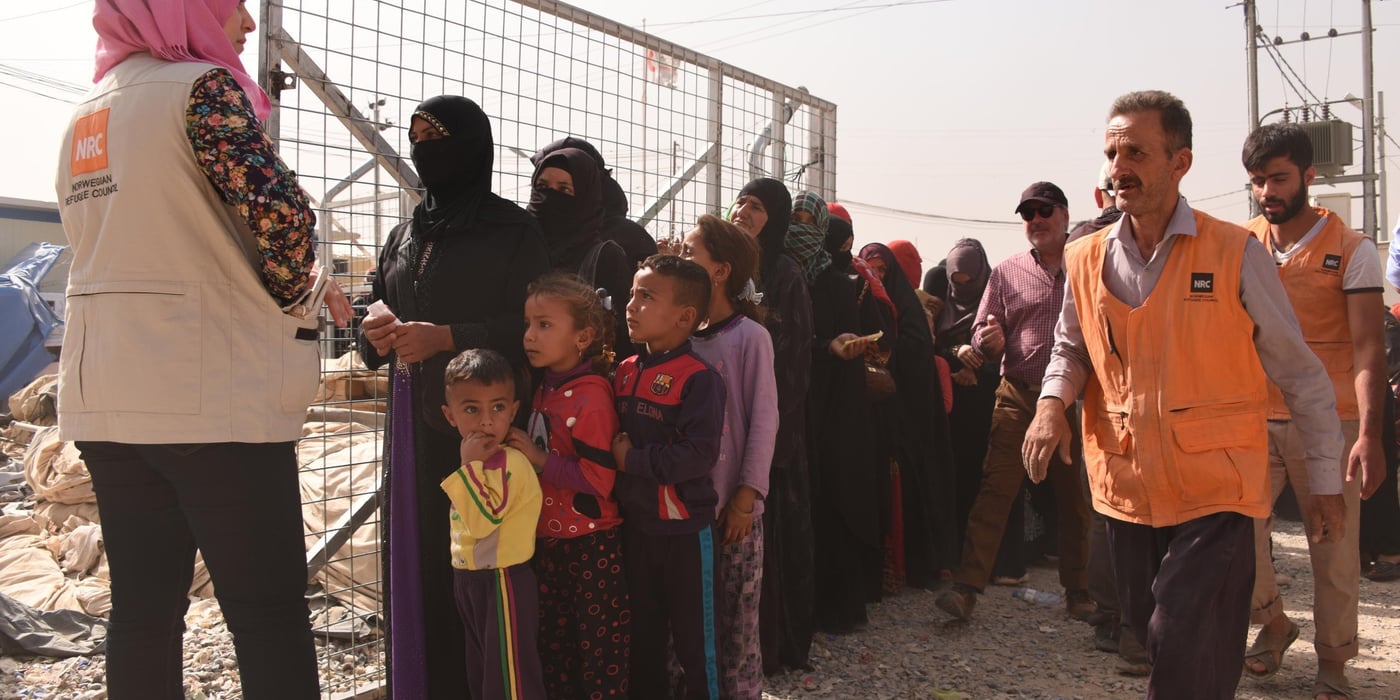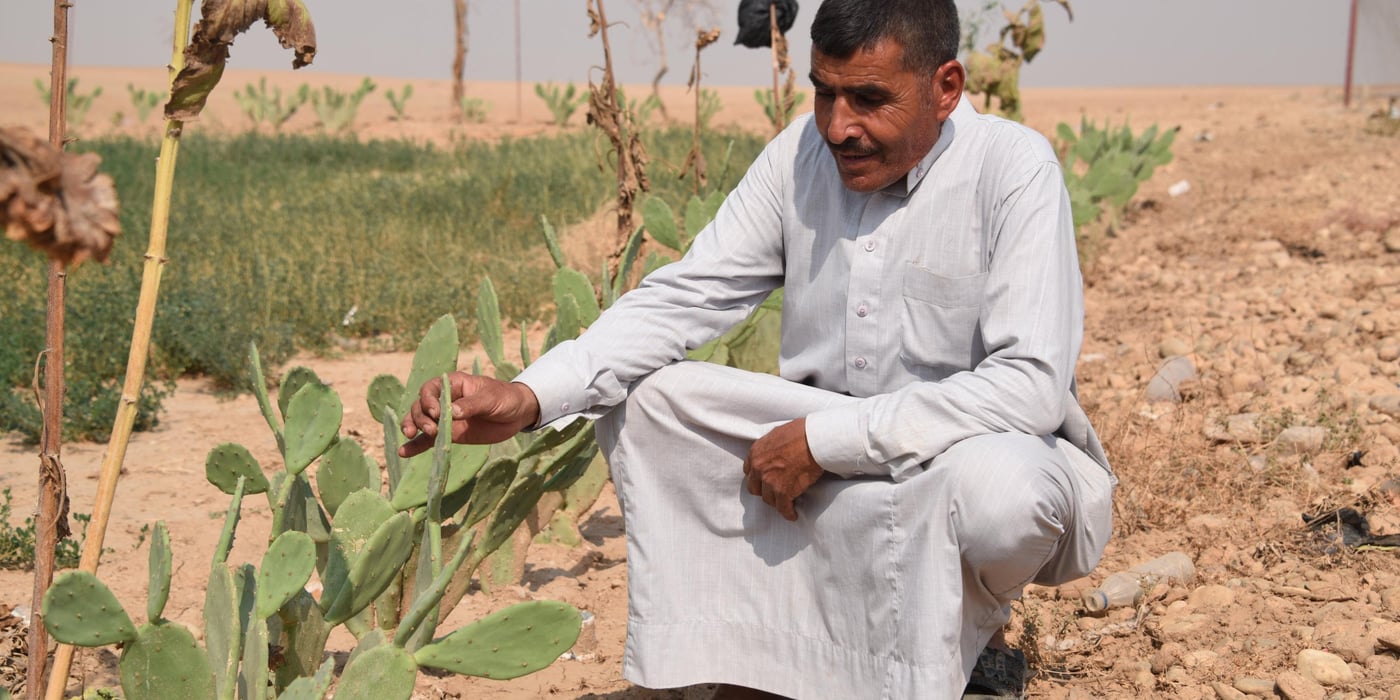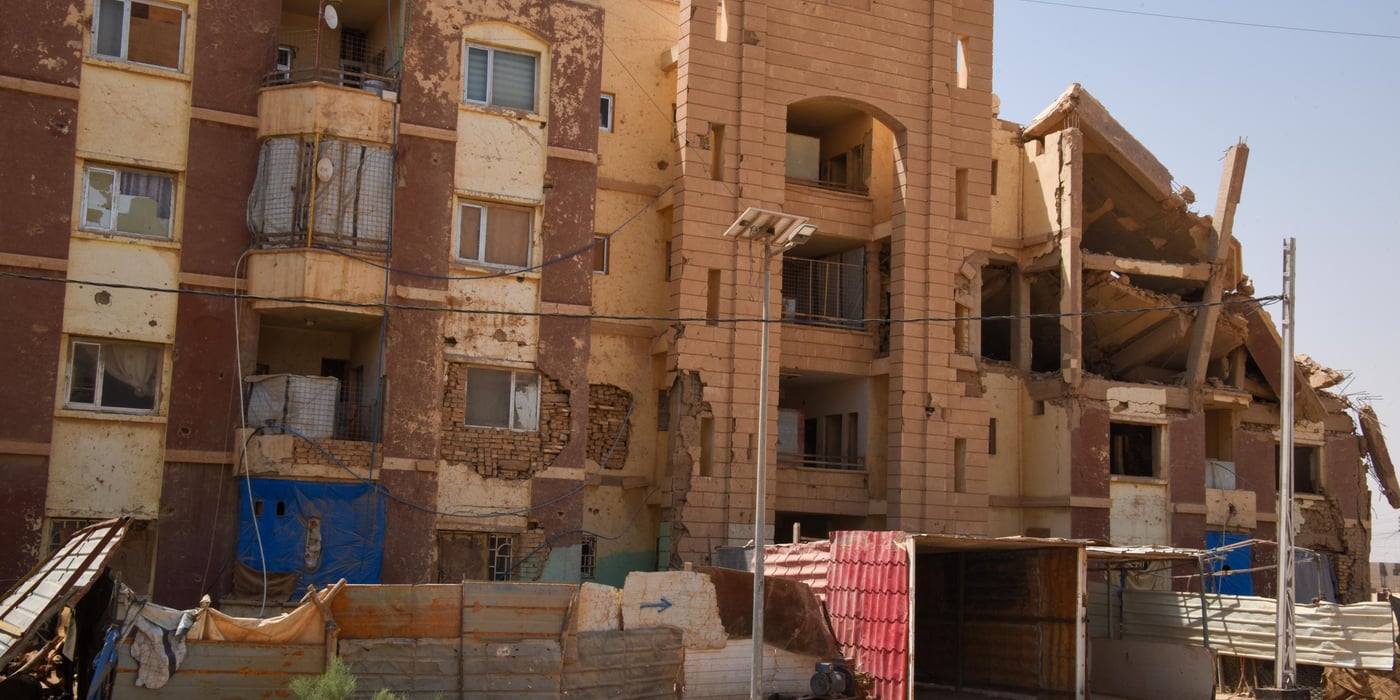
NRC reiterates its appeal to the parties to the conflict to guarantee the safety of women, children and men who have lived for more than two years under brutal oppression, by establishing safe exit routes as the topmost priority. With no safe routes out for civilians and the city under now heavy attack, hundreds of thousands of Iraqis are at extreme risk of being caught in the crossfire, shot at by snipers as they attempt to flee, or of coming under attack in their own homes.
“We fear the humanitarian consequences of this operation will be massive," said NRC's Country Director in Iraq, Wolfgang Gressmann. "Establishing genuinely safe routes out of the city for civilians is now the top priority; nothing is more important. We have already seen the fatal consequences of so-called safe routes back in Fallujah and we cannot expose more Iraqis to such risks again. They have been through too much already.
“Our staff have been working around the clock to prepare for the mass exodus of families expected to seek safety and our humanitarian assistance, but unless the warring parties provide safe exits for them, they will be faced with the bleakest of choices: stay behind and risk their lives under attack, or risk their lives trying to flee.”
The emergency camps set up on the outskirts of Mosul for the people escaping from the city can accommodate just over 60,000 people at present, but as many as 200,000 may flee in the first days of the offensive, if they can make it out. NRC is coordinating with other humanitarian agencies to ensure that all Iraqis making it to safety are given the basic necessities to survive.
“The way this offensive is carried out, as well as the treatment of the fleeing civilians at the hands of the fighting forces, and the effectiveness of the humanitarian response, will determine the future of Iraq and how Iraqis will live side by side with each other. We cannot let Iraqi civilians down again in this moment of truth,” Gressmann said.




